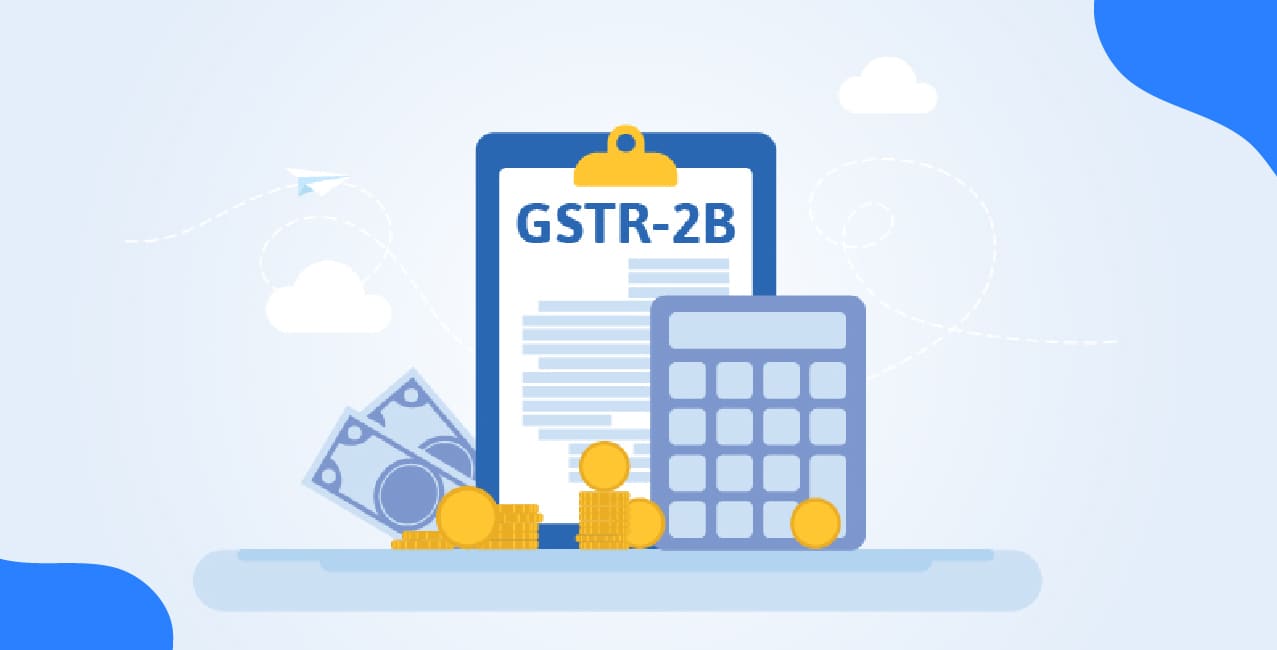GST on Legal Services – Updated Rates & Complete Guide

Check Your Loan Eligibility Now
By continuing, you agree to LoansJagat's Credit Report Terms of Use, Terms and Conditions, Privacy Policy, and authorize contact via Call, SMS, Email, or WhatsApp
Key Highlights
- The GST on Legal services to businesses is 18%. They fall under the Reverse Charge Mechanism, so the businesses will pay the GST and not lawyers.
- Services to individuals and many government or small entities are exempt from GST.
- GST 2.0 (3rd September, 2025) states that there are no changes in the RCM treatment of legal services.
GST on legal services is a tax applied to the professional fees charged by advocates or law firms. Most legal services come under the 18% GST slab.
For example, a law firm charges ₹1,00,000 as consultation fees to a company. So, the GST applied will be:
Here, the company pays GST under reverse charge, while the law firm does not collect it. As per 3rd September, 2025, GST amendments, GST on several commodities have been changed. What about legal services? Are there any changes? Let’s know in this blog.
What are the Rates for GST on Legal Services, and who pays it?
Legal services in India give GST too. The standard rate is 18%, but the way it is charged depends on who is receiving the service. For example, is it a business or an individual?
In this table, how these 2 cases are charged under GST:
Only the services provided to businesses are taxed at 18%; the rest are exempted.
Reverse Charge Mechanism for Legal Services
Under GST, many legal services supplied to a business are taxed under the reverse charge mechanism. This means that the advocate does not have to pay the GST; the business (recipient) must pay it. The rule is stated in Notification 13/2017 and CBIC Circular No. 27/2018.
The table shows a brief on how the tax is divided and how the invoice is made.
When a business needs services, it pays 18% to the government (CGST 9% + SGST 9%) and the advocate’s fees.
For example, a lawyer's fee billed to Company A: ₹50,000 (invoice shows no GST)
- GST due under RCM: ₹50,000 × 18% = ₹9,000
- Intra-state split: CGST ₹4,500 and SGST ₹4,500
- Intra-state split: CGST ₹4,500 and SGST ₹4,500
Now, Company A pays ₹50,000 to the lawyer and deposits ₹9,000 GST to the government. It can claim ITC of ₹9,000 if it is subject to eligibility.
The lawyer will only take ₹50,000 and mention “GST payable by recipient under RCM” in the invoice.
Recent Notifications & Clarifications: September 2025
The 56th GST Council (3 Sept 2025) announced a two-slab rate structure (12% and 28%), and that is how we got our ‘GST 2.0’ in 2025. The rules will be effective from 22 Sept 2025. However, legal services under RCM remain unchanged.
The table shows the events that occurred during the first week of September 2025.
So, the businesses will pay the way they were doing. Although taxes on other goods and services are decreased (5% majorly), taxes on luxurious items are increased.
How Businesses Can Claim ITC on Legal Services?
Section 16 of the CGST Act has given certain conditions that must be followed if you want to claim ITC on legal services. These are:
- Your business must be a registered taxable person under GST.
- You should possess a tax invoice (or debit note) from the legal service provider. It should clearly show the GST charged.
- Actually receiving the service (not just paying for it). If service is partly delivered, then only after full delivery, where applicable.
- Supplier must have paid GST to the government (or must have filed returns correctly) or at least comply with the GST norms.
- You must pay the supplier (i.e. clear your invoice) within 180 days of the invoice date. If not, the credit may have to be reversed.
- The legal service should be used for the purpose of making taxable supplies (or business activities). If used for exempt supplies, non-business or personal use, ITC is not allowed.
- ITC must be claimed in the relevant GST return (GSTR-3B, etc) before the deadline (or 30th Nov following year or date of annual return, whichever is earlier).
Conclusion
GST on legal services is mainly 18% under RCM for businesses. If individuals seek legal services, they are exempt from paying any tax. Under GST 2.0, no changes for
GST on legal services were announced. The taxation system under RCM will run as earlier.
FAQs
Place of supply for cross-border legal work
If a lawyer in India advises a client abroad, the place of supply rules decide taxability. Exports of services may be zero-rated if conditions are met and documentation is in order.
How are foreign law firms treated for GST?
When a foreign firm provides services to an Indian business, the supply may be treated as an import of services. The Indian recipient may have to pay GST under RCM and follow compliance rules.
Are disbursements and reimbursements taxable?
True disbursements passed through to clients with no markup are usually not treated as the lawyer’s supply. If costs are billed as part of fees or marked up, they attract GST.
What about contingency or success fees
Contingent fees are taxable when the service is performed and the fee is earned. The timing and invoicing can be complex, so keep clear contracts and invoices.
Can clients always claim input tax credit on legal fees?
Businesses can claim ITC on legal services used for business, subject to the general ITC rules. Credits are disallowed if the expense is for personal use or is a blocked category.
Penalties and interest for not following RCM
If the recipient fails to pay GST under RCM or misses filing, interest and penalties can apply. Businesses must self-assess and report these amounts in their returns.
Record-keeping and invoice best practices for lawyers
Issue clear invoices showing fees and a note that GST is payable by the recipient under RCM when relevant. Keep engagement letters, receipts for disbursements, client PAN and payment records for audit.
Other Related Pages | |||
About the author

LoansJagat Team
Contributor‘Simplify Finance for Everyone.’ This is the common goal of our team, as we try to explain any topic with relatable examples. From personal to business finance, managing EMIs to becoming debt-free, we do extensive research on each and every parameter, so you don’t have to. Scroll up and have a look at what 15+ years of experience in the BFSI sector looks like.
Subscribe Now
Related Blog Post
Recent Blogs
All Topics
Contents
Quick Apply Loan
Consolidate your debts into one easy EMI.
Takes less than 2 minutes. No paperwork.
10 Lakhs+
Trusted Customers
2000 Cr+
Loans Disbursed
4.7/5
Google Reviews
20+
Banks & NBFCs Offers
Other services mentioned in this article








